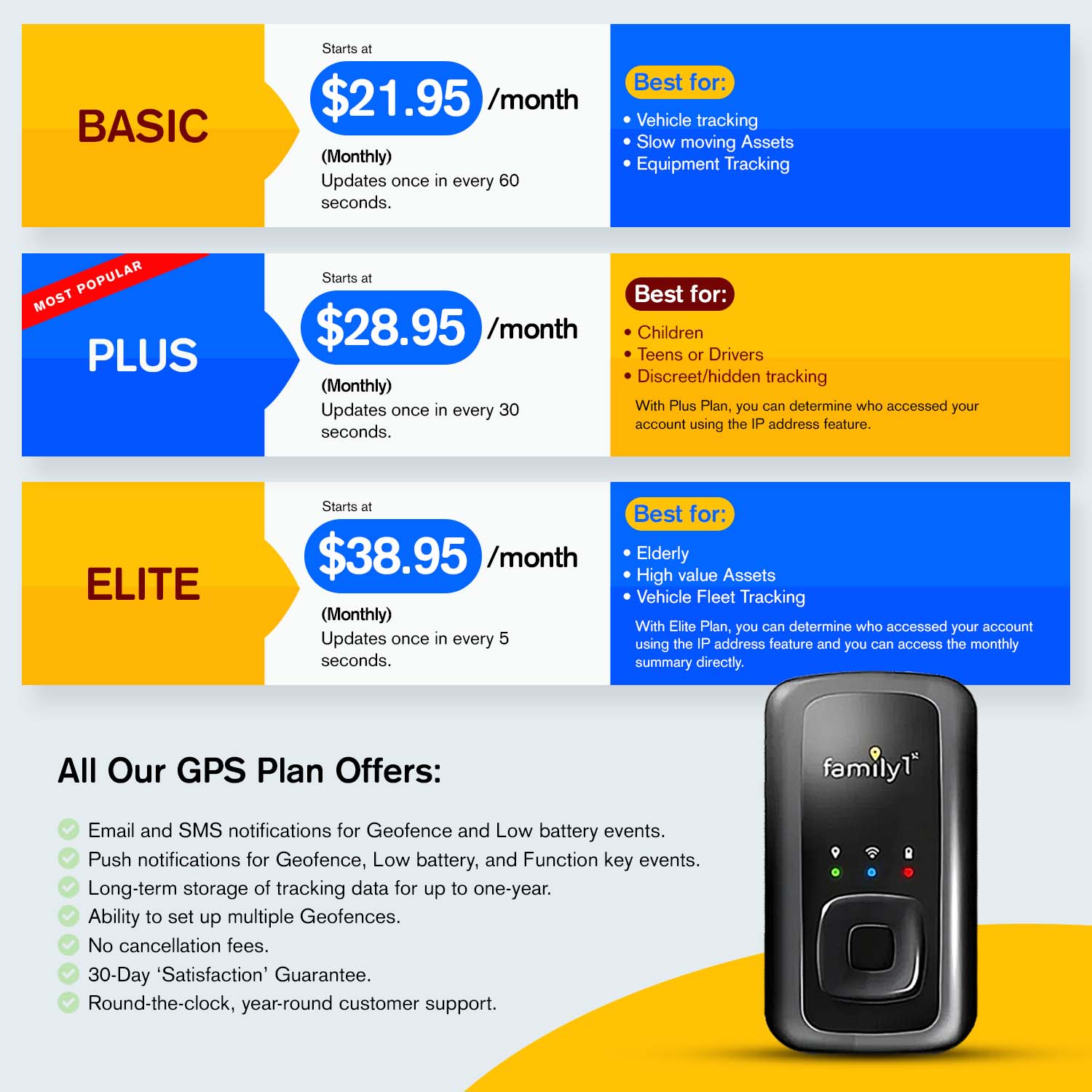Safe travel begins with preparation, and that means researching destinations, securing insurance, and protecting important documents. These steps create a strong foundation that allows travelers to move confidently across borders.
Awareness during the journey plays an equally important role, from staying vigilant in public spaces to using safe transportation and managing finances wisely. Health precautions, secure connectivity, caution with strangers, and the use of GPS trackers bring added security, ensuring both belongings and personal safety remain protected.
What Are The Essential Travel Safety Tips You Should Follow?
1. Research Destinations Thoroughly
Researching destinations creates awareness of local laws, culture, and risks. Government advisories, local news, and reliable forums provide verified updates.
Cultural understanding prevents conflicts with communities. Dress codes, religious practices, and behavioral expectations vary across regions and demand respect.
Knowing crime hotspots improves safety planning. Identifying scam-prone areas, unsafe districts, and transport vulnerabilities reduces exposure.
2. Secure Travel Insurance
Travel insurance protects against medical emergencies and unexpected cancellations. Coverage ensures financial stability in foreign healthcare systems.
Different plans include varied protections depending on activities. Travelers engaging in trekking, diving, or skiing require extended policy features.
Without insurance, hospitalization and evacuations create heavy expenses. A single incident abroad often costs thousands of dollars.
3. Protect Important Documents
Important documents include passports, visas, and identification cards. Loss or theft of these documents creates severe legal and logistical problems.
Carrying physical copies and digital scans strengthens security. Storing originals in hotel safes while carrying copies in public minimizes risk.
Cloud backups ensure constant availability during emergencies. Embassies and consulates assist faster when copies are accessible.
4. Stay Vigilant in Crowded Areas
Crowded areas attract pickpockets and scam operators. Tourists distracted in markets, bus stations, or festivals become prime targets.
Carrying cross-body bags and concealing valuables prevents easy theft. Limiting visible electronics or jewelry reduces attention from criminals.
Awareness of exits and surroundings improves reaction time. Avoiding dark alleys and suspicious gatherings eliminates unnecessary exposure.
5. Use Safe Transportation Options
Safe transportation prevents exploitation and accidents. Licensed taxis, regulated ride services, and official shuttles offer greater reliability.
Night travel requires extra caution in unfamiliar locations. Choosing busy terminals and well-lit stops lowers risks significantly.
Negotiating fares before travel avoids disputes with drivers. Metered systems or fixed rates eliminate hidden charges.
6. Manage Finances Smartly
Financial management reduces losses during theft or fraud. Dividing cash and cards across multiple storage points limits exposure.
Carrying one card and small amounts of cash during outings lowers risk. Larger reserves should remain secured in accommodation safes.
Informing banks about travel avoids transaction blocks. Prepaid or limited-use cards add another layer of protection.
7. Safeguard Health During Travel
Health security begins with vaccinations and essential medicines. Regional diseases such as malaria, dengue, or yellow fever require preparation.
Maintaining hydration and hygiene prevents infections. Bottled water, fresh meals, and sanitizers minimize exposure to unsafe sources.
A personal first-aid kit ensures immediate response to minor injuries. Quick treatment reduces complications before professional help is available.
8. Stay Safe with Connectivity and Accommodation
Public Wi-Fi exposes devices to cyber threats. VPNs and restricted browsing protect sensitive data from interception.
Hotel security prevents unauthorized access to rooms. Checking locks, using door wedges, and avoiding ground-floor rooms increase safety.
Keeping family and friends informed strengthens accountability. Regular check-ins and shared itineraries confirm personal well-being.
9. Be Cautious with Strangers
Strangers approaching travelers frequently seek opportunities for scams. Offers of unsolicited help, tours, or deals often carry hidden risks.
Maintaining politeness while limiting information increases safety. Withholding hotel names or itineraries prevents strangers from tracking movements.
Declining offers firmly but respectfully avoids escalation. Exiting situations calmly ensures personal control and independence.
10. Use GPS Trackers for Extra Security
GPS trackers provide real-time monitoring of luggage and belongings. They transmit exact locations through connected applications.
Travelers in remote or high-risk areas gain reassurance with trackers. Families following live locations ensure faster response in emergencies.
Compact devices improve security without attracting attention. Extended battery life and global functionality make them reliable tools.
How To Use GPS Trackers While Traveling?
-
Place a tracker inside checked luggage to know its exact location if the airline misplaces it.
-
Keep one in your carry-on or day bag so you can find it quickly if left behind.
-
Attach a tracker to valuables like your wallet, passport holder, or camera for extra security.
-
Clip a tracker onto a child’s bag or clothing when visiting crowded tourist spots.
-
Share live location from the tracker app with a trusted contact before setting out.
-
Charge trackers fully before travel and carry a power bank for longer trips.
-
Test the tracker at your destination to confirm it connects with local networks.
-
Set geofence alerts in the app to receive notifications if an item moves unexpectedly.
-
Check the location history in the app to retrace steps if something goes missing.
Choose GPSTracker247's Portable GPS Tracker For Your Traveling Needs
GPSTracker247 Portable GPS Tracker adds an extra layer of security when you’re away from home. Its compact size makes it easy to carry discreetly in luggage, backpacks, or even a jacket pocket during travel.
Real-time tracking helps you keep an eye on important belongings as you move between airports, hotels, and transit hubs. Geofence alerts and route history give reassurance when navigating unfamiliar places or managing multiple bags.
With a 14-day battery life and weather-resistant design, the tracker remains dependable across different environments. Affordable subscription options without long-term contracts make it a smart choice for travelers who value safety and accountability.





